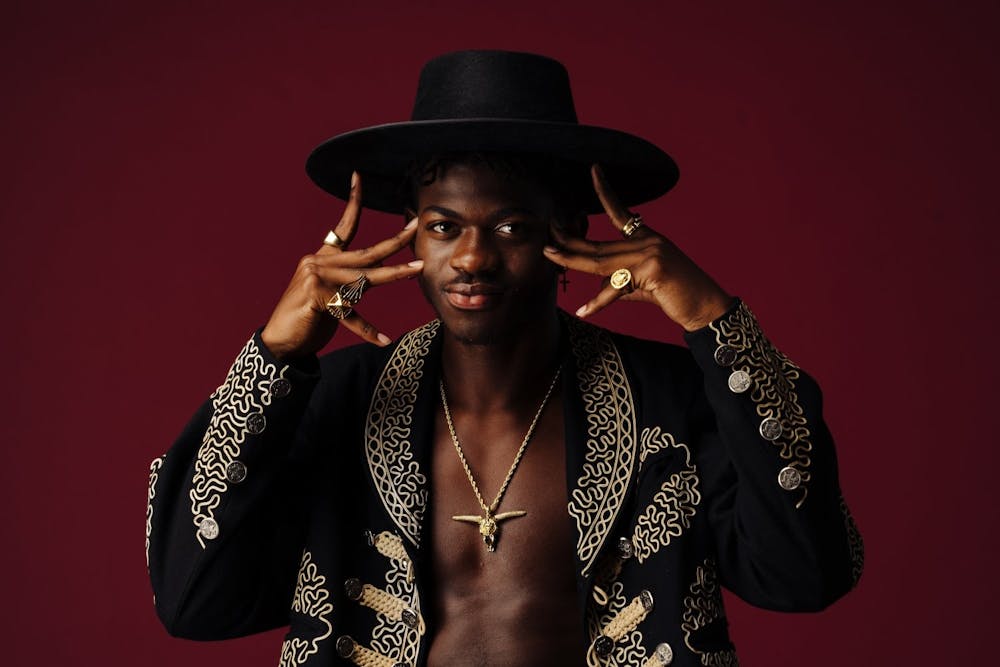I, like many others, rejoiced when R&B artist SZA released new music earlier this month. It was the first song with her leading the vocals since 2017, which was long overdue. It made me think back to SZA’s first album. My immediate reaction to it was, "This ain't Wu-Tang. What is this?"
Wu-Tang Clan is a group of rappers that reached peak success in the '90s with their own clothing line and video game. Their songs were highly influenced by jazz artists and juxtaposed grimey, harsh lyrics with smooth piano. This made them stand out from the typical rap scene.
SZA's name was clearly inspired by members RZA and GZA of the Wu-Tang Clan. So when I saw her name and played her music, what I heard was unexpected.
Instead of the intensity of Wu-Tang, her music was more in line of the smooth vocals from the likes of Billie Holiday. It was a pleasant surprise, but I was confused by SZA’s stage name choice — why call attention to Wu-Tang when she doesn't emulate them at all?
While researching SZA’s name, I came across a heartwarming story of the older generation helping the new. SZA found support in her namesake, having collaborated with RZA from Wu-Tang to produce her first album, "CTRL." RZA helped produce and even promote the album, treating SZA as an equal.
Wu-Tang's widespread popularity inspired younger artists to try to become respected musicians in their own right. It's fairly common in the music industry for newer artists to take inspiration for their names from the artists they admire. Artists such as Childish Gambino and Ugly God take inspiration from Wu-Tang Clan too.
There's also the many, many artists with names starting with "Young" or "Lil," which stem from some of the earliest emcees in rap and hip-hop. It's a kind of honorific. One of them is Lil Nas X, whose story is similar to SZA’s.
Lil Nas X took his stage name from one of his favorite rappers: the acclaimed Nas. Arguably just as influential as Wu-Tang Clan, Nas is no stranger to success. He established himself as a member of the hip-hop canon and has multiple successful albums. Nas' accomplishments aren't only in music. He also dabbled in acting and business. In all metrics, Nas is the premier goal of any upcoming hip-hop artist.
After Lil Nas X reached a level of success others can only dream of with his hit song "Old Town Road," he collaborated with the older Nas for the remix and video to his song "Rodeo." The song was even performed at the Grammys.
"I thought it would be its own moment for hip-hop,” Lil Nas X said about the performance in an interview with Billboard. “Just to have that whole 'Nas doesn't like Lil Nas' perish."
Lil Nas X’s point is important: The idea that the older generation of hip-hop doesn't like the new generation is disheartening, frankly.
Hip-hop, as an emerging genre, had to fight to be respected as a legitimate art form. Figures such as Wu-Tang Clan and Nas did the work, along with many others, to define and promote the genre.
They were young and challenged, just like the newer generation of musicians.
Nas was only 21 when his first album released, and Lil Nas X was 20 when he performed at the Grammys. RZA was only 24 when releasing the first Wu-Tang album, and SZA was the same age when starting work on her album “CTRL.”
Though not as common as I'd personally like to see, it's still very heartening to see stories like this in a genre that is usually thought to be competitive. Even though many critics complain about the newer generation of music, the older artists who are preferred by critics, welcome the young with open arms.
I can only imagine what artistry we'd see if experiences like this became the standard.




